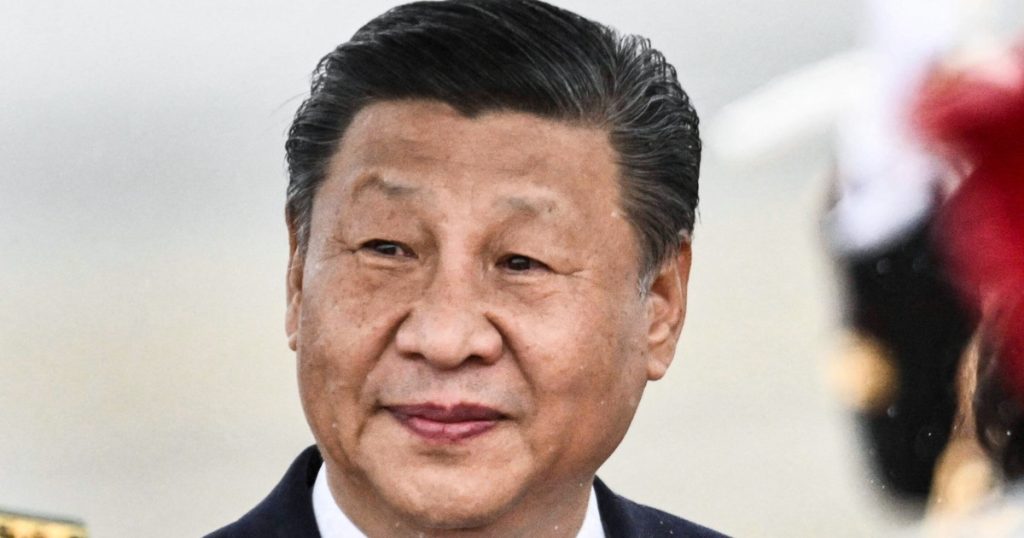Chinese President Xi Jinping embarked on a three-country trip to Europe, with the continent fragmented over how to navigate Beijing’s growing influence and the rivalry between the U.S. and China. European car manufacturers are facing stiff competition from subsidized Chinese electric vehicles, while concerns persist about alleged Chinese espionage in European capitals and China’s defense trade with Russia, which raises worries for supporters of Ukraine. Despite these tensions, Europe and China maintain significant economic ties, with EU-China trade estimated at 2.3 billion euros per day. Xi aims to reestablish and strengthen relations with European leaders after a prolonged absence due to the COVID-19 pandemic.
Kicking off his trip in France, where President Emmanuel Macron advocates for Europe to attain greater economic and strategic independence, Xi plans to visit Serbia and Hungary, countries known for their friendly ties with China and proximity to Russian President Vladimir Putin. These nations have received substantial Chinese investments, further underscoring China’s assertiveness in the region. Xi’s visit will be closely monitored by Washington for any indications of waning European support for U.S. foreign policy objectives, amid increasing uncertainty in Europe regarding future U.S. backing for trans-Atlantic allies. Upon his arrival in Paris, Xi was met by protests urging France to pressure China on human rights violations against Tibetan and Uyghur minorities, highlighting the ongoing ethical concerns surrounding China’s policies.
During his visit, Xi expressed his hope for “strategic convergence” between China and France, emphasizing the importance of enhancing their relations to foster stability and positive energy in a turbulent global landscape. French President Macron will host Xi for a formal state visit, during which they will also meet with European Commission President Ursula von der Leyen to advocate for fairer trade policies and encourage China to leverage its influence with Russia to end the conflict in Ukraine. The EU has initiated an investigation into Chinese subsidies and could potentially impose tariffs on Chinese electric vehicle exports. Despite China’s declared neutrality in the Ukraine conflict, its refusal to denounce Russia’s actions and the alleged support for Moscow’s military capabilities continue to be points of contention.
As tensions between global powers escalate, Xi seeks to bolster China’s economic and political ties with Europe, cultivating partnerships that can both benefit the region economically and counteract U.S. influence. The visit serves as an opportunity for China to demonstrate its commitment to European allies while advancing its own strategic interests in the region. However, the disparity in values and concerns between Europe and China, particularly regarding human rights violations and support for adversarial regimes, remain obstacles to achieving a harmonious partnership. European governments must balance economic interests with ethical principles, navigating the complexities of international relations amidst geopolitical uncertainties and power shifts. Xi’s visit will offer insights into the evolving dynamics between Europe, China, and the United States, reshaping the global landscape and challenging traditional alliances and alliances.












